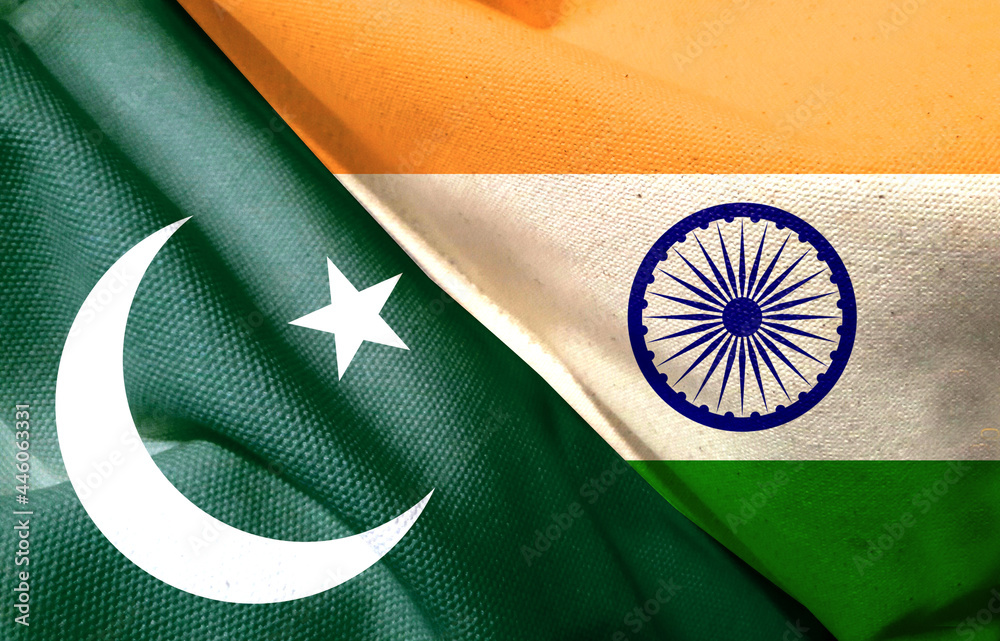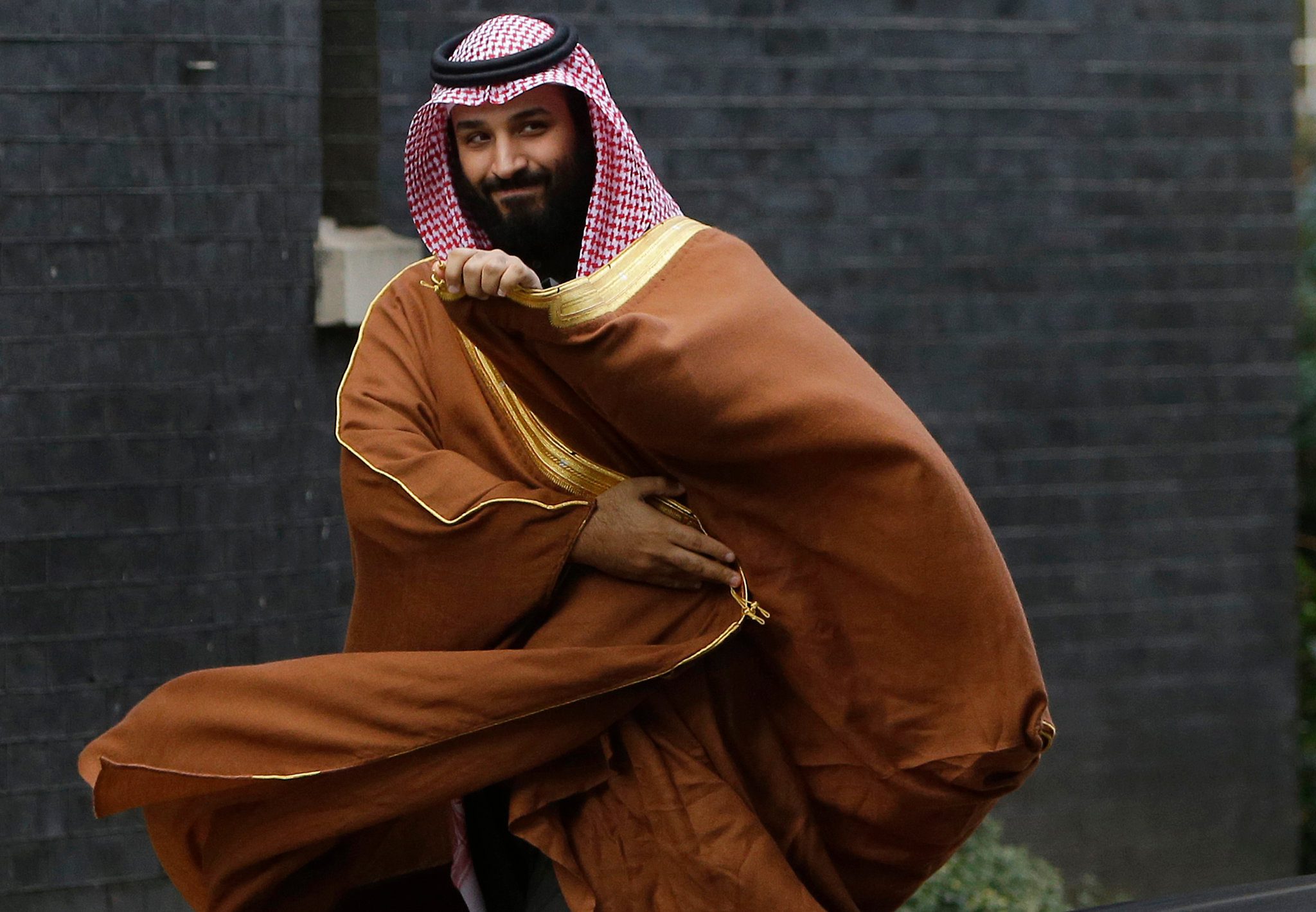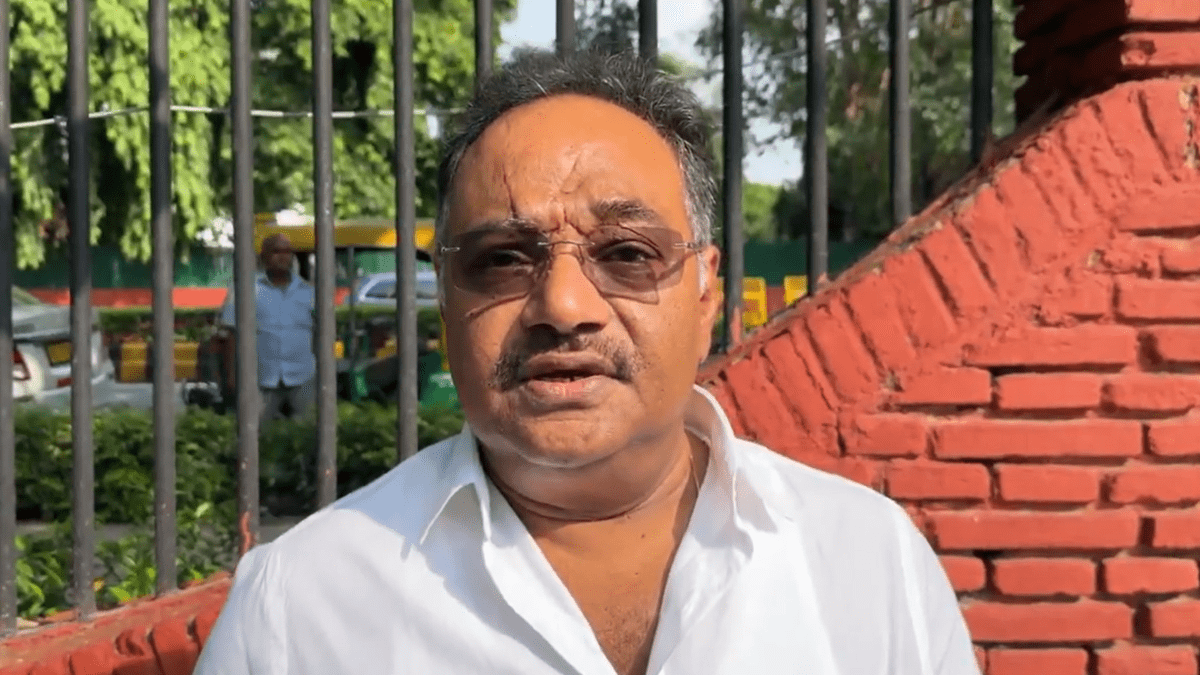Pakistan and Saudi Arabia Meeting To Discuss Kashmir and Regional Peace
The recent meeting between Pakistan’s Prime Minister Shehbaz Sharif and Saudi Arabia’s Crown Prince Mohammed bin Salman (MBS) in Riyadh has garnered significant attention. While economic ties and regional security were on the agenda, a key discussion point was the long-standing dispute over Jammu and Kashmir. Let’s delve deeper into this meeting, its significance, and the potential impact on India-Pakistan relations.

A Strategic Partnership: Pakistan and Saudi Arabia Meeting
Pakistan and Saudi Arabia share a long history of close political, economic, and religious ties. This meeting served to further strengthen this strategic partnership.
- Economic Ties: Both nations are keen to expand economic cooperation, with potential for increased Saudi Arabian investment in Pakistan’s infrastructure and energy sectors.
- Security Concerns: Shared security concerns regarding regional stability, particularly the rise of extremism, were likely discussed. Pakistan and Saudi Arabia collaborate on counter-terrorism initiatives.
- Religious Significance: For many Pakistanis, Saudi Arabia holds immense religious significance due to its custodianship of Islam’s holiest sites. This cultural and religious connection further strengthens the bond between the two nations.
The Kashmir Issue: A Point of Focus – At Pakistan and Saudi Arabia Meeting
The meeting in Riyadh highlighted the ongoing tensions surrounding the Kashmir region.
- Longstanding Dispute: The dispute over Jammu and Kashmir, a Himalayan territory claimed in full by both India and Pakistan, has been a source of conflict for decades.
- Pakistan’s Stance: Pakistan has long advocated for a peaceful resolution to the Kashmir issue based on UN resolutions and the right to self-determination for the Kashmiri people.
- Saudi Arabia’s Role: While Saudi Arabia has traditionally maintained a neutral stance on the Kashmir issue, this meeting suggests a potential shift towards acknowledging Pakistan’s concerns. A joint statement issued after the meeting emphasized the importance of dialogue between India and Pakistan to resolve the issue.
Pushing for Dialogue: A Step Towards Peace? Pakistan and Saudi Arabia Meeting
The emphasis on dialogue between India and Pakistan is a potentially positive development.
- Addressing Tensions: Open communication between the two nations is crucial for addressing longstanding tensions and fostering regional stability.
- Kashmir’s Future: A peaceful dialogue could pave the way for a mutually agreeable solution that respects the aspirations of the Kashmiri people.
- International Support: Saudi Arabia’s endorsement of dialogue could encourage other international actors to play a more proactive role in facilitating talks between India and Pakistan.

Challenges on the Road to Peace – Pakistan and Saudi Arabia Meeting
Despite the call for dialogue, significant hurdles remain on the road to peace in the region.
- Historical Mistrust: A long history of mistrust and conflict between India and Pakistan continues to impede progress on dialogue.
- Domestic Politics: Domestic political compulsions in both India and Pakistan often make it difficult for leaders to make concessions on the Kashmir issue.
- Cross-Border Terrorism: Cross-border terrorism emanating from Pakistan remains a major concern for India, creating an environment of suspicion and hostility.
The Role of the International Community After Pakistan and Saudi Arabia Meeting
The international community can play a crucial role in facilitating dialogue and promoting peace in the region.
- Neutral Mediation: Neutral third-party mediators can help bridge the gap between India and Pakistan and create an environment conducive to dialogue.
- Encouraging Restraint: The international community can urge both India and Pakistan to exercise restraint and avoid actions that escalate tensions.
- Focus on Human Rights: Upholding human rights in Kashmir is crucial for any lasting solution. The international community can play a role in monitoring the situation and advocating for the rights of Kashmiris.
Looking Ahead: A Call for Continued Engagement
The meeting between Shehbaz Sharif and Prince Mohammed bin Salman has reignited discussions on the Kashmir issue and the importance of dialogue between India and Pakistan.
- Beyond Rhetoric: The call for dialogue needs to be translated into concrete action. Both India and Pakistan need to demonstrate a genuine commitment to engage in meaningful talks.
- Long-Term Vision: A lasting solution to the Kashmir issue requires a long-term vision that addresses the root causes of the conflict and prioritizes the well-being of the Kashmiri people.
- Peace for the Region: Peace in Kashmir is not just about resolving a territorial dispute; it’s about unlocking the vast potential for regional cooperation and development in South Asia.
The meeting between Pakistan and Saudi Arabia serves as a timely reminder of the importance of dialogue and regional cooperation in fostering a more peaceful and prosperous South Asia.
Beyond the Pakistan and Saudi Arabia Meeting: Unpacking the Nuances of Pakistan and Saudi Arabia’s Relationship
While the recent meeting between Shehbaz Sharif and Prince Mohammed bin Salman generated headlines, a deeper understanding of the complexities surrounding Pakistan and Saudi Arabia’s relationship is necessary. Here, we delve into the multifaceted aspects of this strategic partnership:
Economic Interdependence: A Balancing Act
- Energy Cooperation: Pakistan relies heavily on Saudi Arabia for its oil imports. The meeting likely explored avenues for greater cooperation in the energy sector, potentially including investments in Pakistani refineries and exploration projects.
- Investment Opportunities: Pakistan seeks increased Saudi Arabian investment in its infrastructure projects, particularly in the China-Pakistan Economic Corridor (CPEC). However, Saudi Arabia might prioritize investments in other regions offering higher returns and less geopolitical risk.
- Diversification for Pakistan: Overdependence on Saudi Arabia for oil imports can be risky. Pakistan is exploring alternative sources, such as Iran and Russia, to diversify its energy basket and reduce vulnerability to price fluctuations.
Security Concerns: A Shared Threat – Pakistan and Saudi Arabia Meeting
- Counter-Terrorism Efforts: Both Pakistan and Saudi Arabia face the threat of extremism and terrorism. The meeting likely focused on intelligence sharing, joint counter-terrorism initiatives, and cooperation in de-radicalization programs.
- Regional Stability: The rise of instability in Afghanistan and the ongoing conflict in Yemen are significant security concerns for both nations. They potentially discussed coordinated efforts to promote regional stability and address security threats emanating from these areas.
- Balancing Act for Pakistan: Pakistan’s close ties with Saudi Arabia can sometimes complicate its relations with other regional players, such as Iran. Maintaining a balanced approach to regional security will be crucial for Pakistan.
Beyond Economics and Security: The Geopolitical Landscape After Pakistan and Saudi Arabia Meeting
- The Iran Factor: Saudi Arabia’s rivalry with Iran presents a complex situation for Pakistan, which enjoys historically good relations with both nations. Pakistan navigates this delicate balance by advocating for dialogue and de-escalation between the two Middle Eastern powers.
- The US Pivot: The recent US withdrawal from Afghanistan and its strategic shift towards the Indo-Pacific could potentially impact Pakistan and Saudi Arabia’s security cooperation. Both nations will need to adapt to this evolving geopolitical landscape.
- The Future of the Muslim World: As prominent Islamic nations, Pakistan and Saudi Arabia have a vested interest in shaping the future of the Muslim world. The meeting might have explored ways to collaborate on promoting peace, development, and Islamic unity.
The Kashmir Issue: A Delicate Dance
- Shifting Stance: While Saudi Arabia has traditionally maintained a neutral stance on Kashmir, the recent joint statement’s emphasis on dialogue suggests a potential shift. This could be due to Pakistan’s growing emphasis on garnering international support for its stance on the issue.
- India’s Concerns: India views any external involvement in the Kashmir issue with suspicion. Saudi Arabia’s acknowledgement of Pakistan’s concerns could potentially complicate India-Saudi Arabia relations.
- The Human Rights Dimension: The international community increasingly focuses on upholding human rights in Kashmir. Both India and Pakistan need to address these concerns for any lasting solution to the issue.
Public Opinion and Domestic Politics: A Reality Check – Pakistan and Saudi Arabia Meeting
- Public Sentiment in Pakistan: The Pakistani public generally views Saudi Arabia favorably. However, some segments of Pakistani society might question the extent to which the Saudi leadership prioritizes Pakistan’s interests.
- Domestic Politics in Both Nations: Domestic political compulsions in both Pakistan and Saudi Arabia can sometimes constrain their ability to cooperate fully. Leaders need to balance public opinion and strategic interests when formulating foreign policy.
The Way Forward: Building on the Momentum – Pakistan and Saudi Arabia Meeting
The recent meeting between Shehbaz Sharif and Prince Mohammed bin Salman has laid the groundwork for further engagement between Pakistan and Saudi Arabia. However, translating this into concrete action requires a multi-pronged approach:
- Sustained Dialogue: Regular communication at various levels is crucial for building trust and addressing areas of disagreement.
- Focus on Shared Interests: Both nations should prioritize areas of mutual interest, such as economic cooperation, counter-terrorism efforts, and regional security, to solidify their partnership.
- Respecting National Interests: While cooperation is crucial, both nations need to ensure their policies respect each other’s national interests and security concerns.
Conclusion: A Strategic Partnership with Global Repercussions – Pakistan and Saudi Arabia Meeting
The relationship between Pakistan and Saudi Arabia is multifaceted and constantly evolving. It’s not just about economics and security; it has significant cultural, religious, and geopolitical implications. The future trajectory of this partnership will have a bearing not only on the two nations but also on the broader regional landscape.
By fostering a deeper understanding of the complexities surrounding this relationship and the challenges that lie ahead, we can gain valuable insights into the potential for regional cooperation.
For in-depth analysis:
- https://www.livemint.com/news/india/shehbaz-sharif-saudi-prince-salman-discuss-jammu-and-kashmir-dispute-push-for-india-pakistan-dialogue-11712579908622.html
- https://www.indiatoday.in/amp/india/story/saudi-arabia-india-jammu-kashmir-joint-statement-pakistan-2524854-2024-04-08
- https://www.reuters.com/world/saudi-crown-prince-meets-pakistani-premier-stresses-india-pakistan-dialogue-2024-04-08/
For more political and international relations news: https://waddupindia.in/category/politics/



![500+ Best Kashmir Pictures [HD] | Download Free Images on Unsplash](https://images.unsplash.com/photo-1598091383021-15ddea10925d?q=80&w=1000&auto=format&fit=crop&ixlib=rb-4.0.3&ixid=M3wxMjA3fDB8MHxzZWFyY2h8Mnx8a2FzaG1pcnxlbnwwfHwwfHx8MA%3D%3D)




4 thoughts on “A Call for Dialogue: Pakistan and Saudi Arabia Meeting To Discuss Kashmir and Regional Peace – Update on 9th April”
Thanks for sharing. I read many of your blog posts, cool, your blog is very good.
Your article helped me a lot, is there any more related content? Thanks!
Thanks for sharing. I read many of your blog posts, cool, your blog is very good.
Your article helped me a lot, is there any more related content? Thanks!